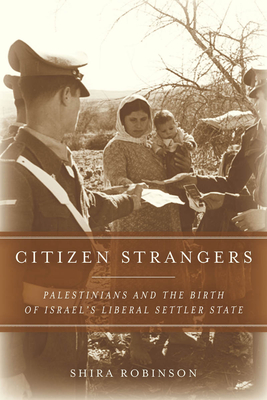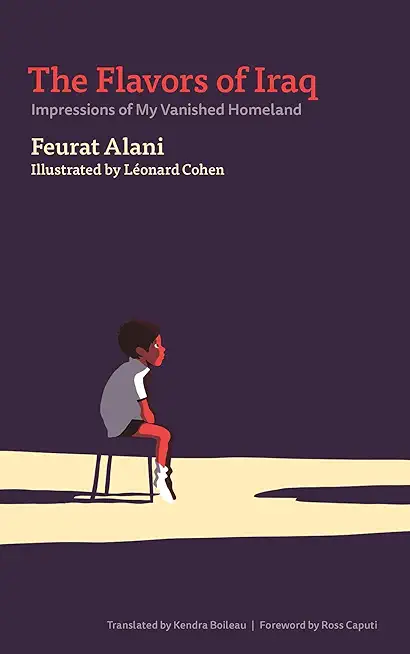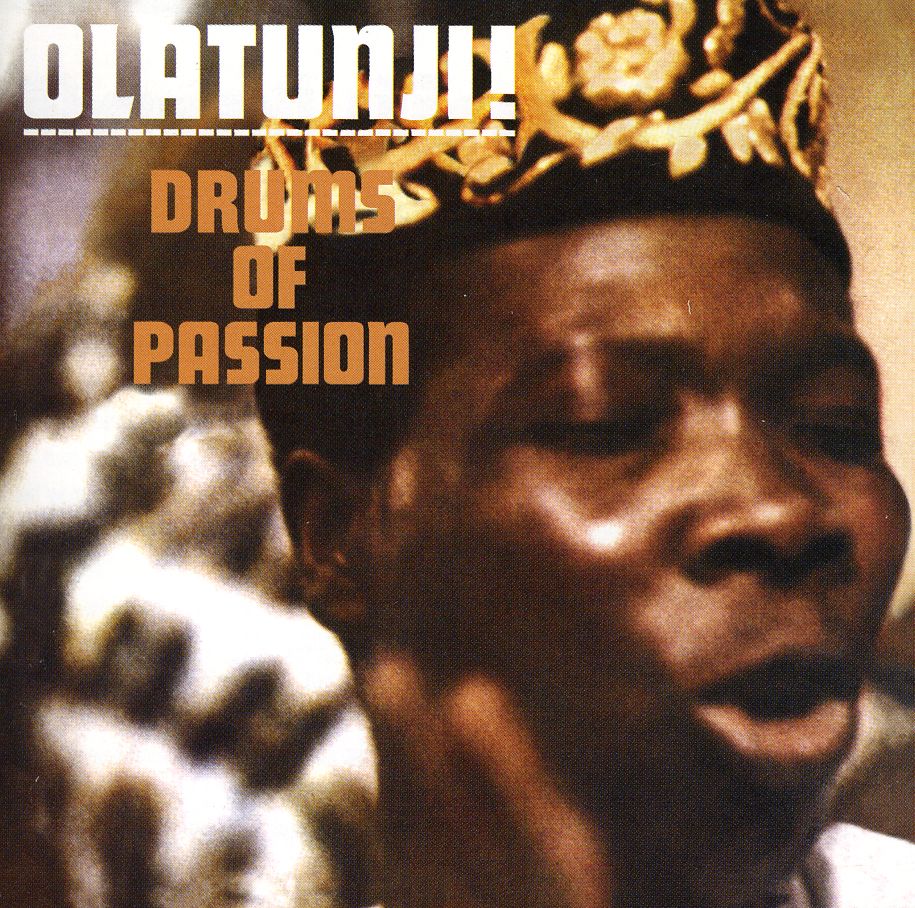
Robinson, Shira N.
product information
description
Israeli statehood when Palestinians who managed to remain after 1948 lived under a repressive military regime, Citizen Strangers examines how Arabs and Jews navigated the opposing impulses of exclusion and inclusion in a new state forced by new international norms to grant citizenship and suffrage rights to its unwanted native minority.
member goods
No member items were found under this heading.
Return Policy
All sales are final
Shipping
No special shipping considerations available.
Shipping fees determined at checkout.







